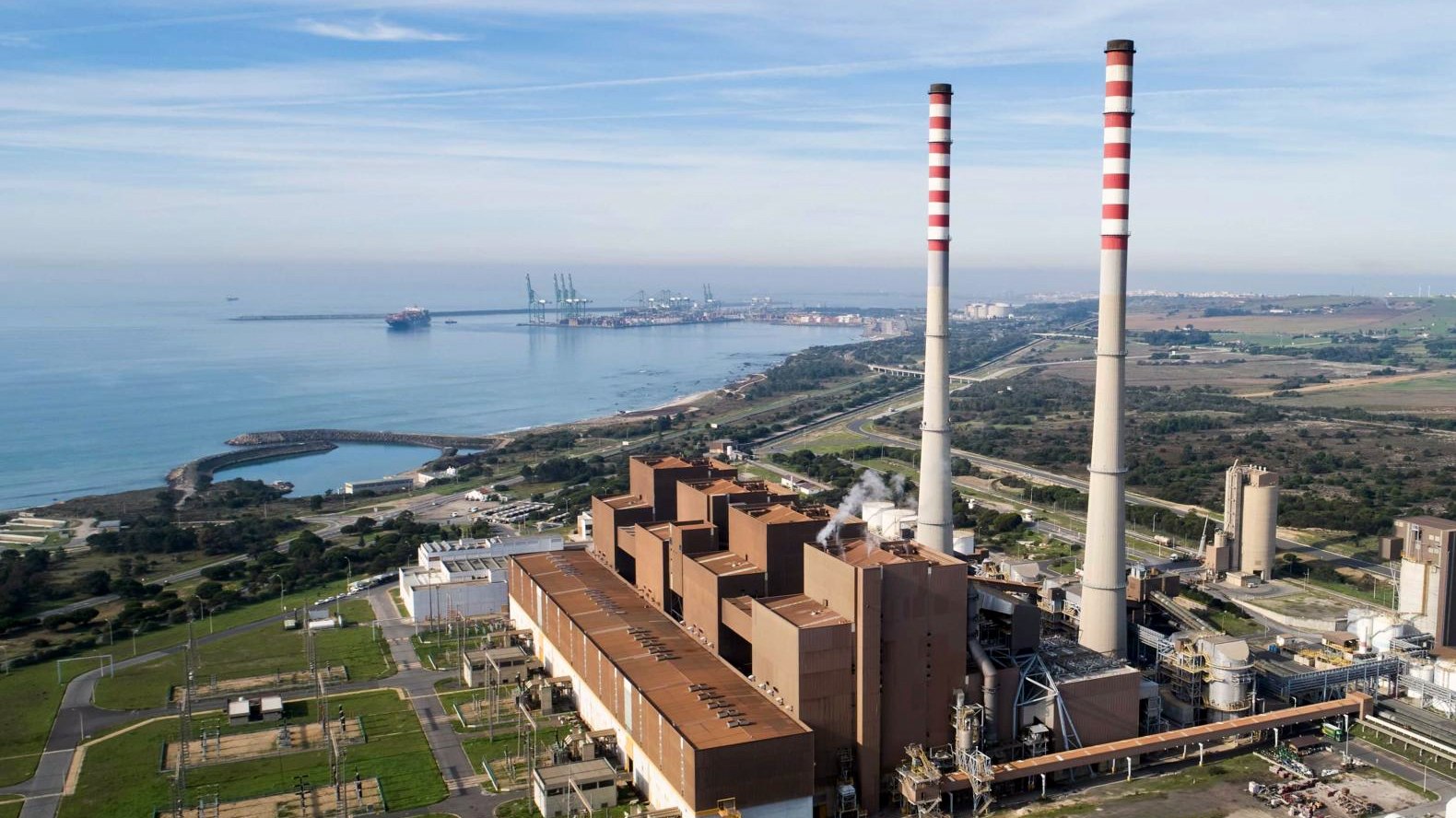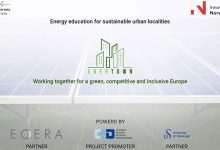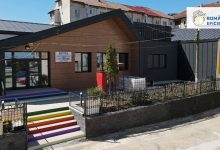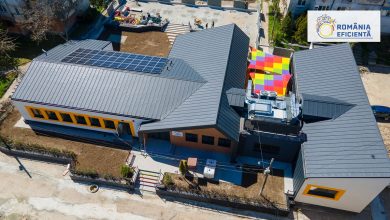EDP Anticipates Closure of Coal Plants in Portugal and Spain
EDP anticipates the closure of coal plants in the Iberian Peninsula and is preparing the respective requests for the plant in Sines and for unit 3 in Soto de Ribera. In Aboño, also in Spain, a project is underway to convert the plant, which foresees the replacement of coal by steel gases in the coming years. In the case of the Sines power plant, a declaration of waiver of the license of production was handed in to the Directorate-General for Energy and Geology (DGEG) on July 14th, so that it can shut down its activity in January 2021.
The decision – part of EDP group’s decarbonisation strategy – was taken in a context in which energy production increasingly depends on renewable sources. In addition, with the increasing cost of coal production and the rising price of CO2 emission licenses, coupled with a worsening tax burden and with the increased competitiveness of natural gas, the prospects for the viability of coal plants have drastically decreased. An example of that is the activity of the Sines power plant, which has been halted since January 25, after a year in which the generation of electric energy from coal fell about 50% compared to 2018.
In view of this trend, EDP thus begins the process of closing the largest Portuguese thermoelectric plant (1180 MW of power) after 35 years in operation. The Sines power plant will still sell on the market the energy produced by burning the coal that remains in stock – and only then will it proceed with the decommissioning and dismantling of the plant.
“Last year, we saw an inevitable reduction in the prospects for profitability of coal power plants, with the rising costs of CO2 emissions and more competitive prices for natural gas,” explains Miguel Stilwell d’Andrade, acting executive president of EDP. “The decision to anticipate the closure of coal power plants in the Iberian Peninsula is thus a natural consequence of this energy transition process, in line with European carbon neutral targets and with the political will to anticipate these deadlines. In this process, in which people have been a fundamental ally, EDP also guarantees that it will fulfil its commitments to all its workers and collaborate on their training and professional integration”.
New alternative projects to coal
EDP is now evaluating the development of a green hydrogen production project in Sines, in consortium with other companies. Part of a plan of common European interest and with potential for export by sea, this alternative under study for the production of a clean energy source may represent a new cycle for the region and for the national economy.
It is also expected that, through the Fund for Just Transition, the region can benefit from support that promotes the training of specialized professionals and the creation of qualified jobs in the region. EDP is also committed to fulfil all labour obligations towards the 107 workers at the plant and to ensure that the region can benefit from the support provided for in the Just Transition Fund, in order to create and reconvert jobs in that region.
In addition to Sines, the process of closing coal plants in the Iberian Peninsula – which is estimated to represent an extraordinary cost of around 100 million euros in 2020 – also involves the Soto de Ribera 3 coal plant. Without producing energy for more than a year, this plant in Asturias (with 346 MW of power) will also request closure in 2021. Alternatively, EDP is evaluating the best options for developing an innovative energy storage project in the same location.
At the Aboño power station, also in the Asturias region, the license application announced last December, which provides for the conversion of coal to steel gases from 2022, is still valid. This process involves the modification of a group with 342 MW of power, maintaining a second group (of 562 MW) to support in case of unavailability, thus contributing to a more circular economy.
EDP continues to evaluate and promote projects aligned with energy transition in all these regions where coal production plants are located. Potential investments may also benefit from the Fair Transition Fund with the aim of helping regions to reconvert their economy, protect the environment and promote jobs.
All these decisions are fully aligned with the ‘green agenda’ defined by the Portuguese government, through the National Energy and Climate Plan (PNEC 2030), and with the European targets for carbon neutrality – a commitment that aims at, among several objectives, reducing greenhouse gas emissions by at least 40% by 2030. EDP remains focused on leading the energy transition with value creation, with an investment plan centred around renewable energies and the strengthening of electricity networks, being firmly committed to its sustainability goals for 2030: having more than 90% of production from renewable sources and reducing specific CO2 emissions by 90% compared to 2005.







